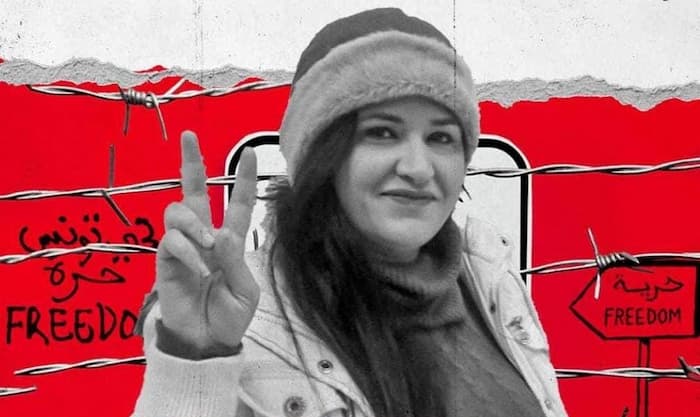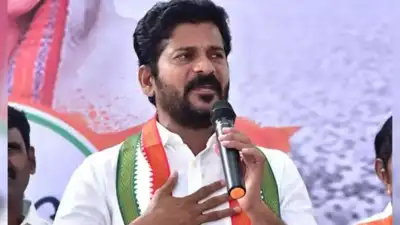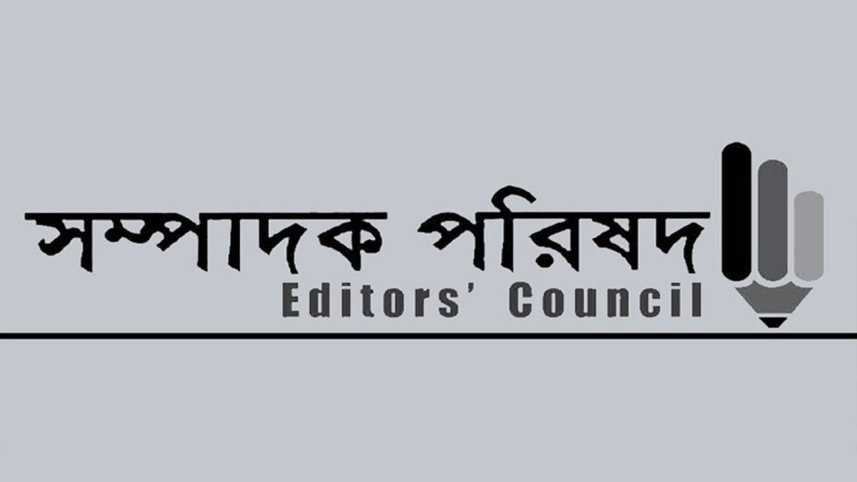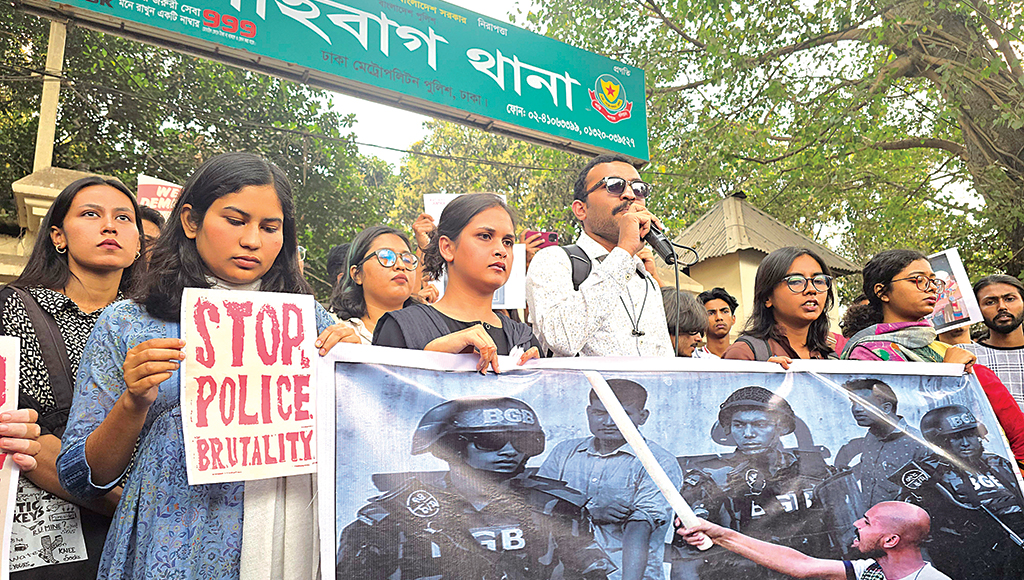
Tunisian Journalist’s Health Deteriorates Amid Hunger Strike in Detention
May 16, 2025
Swedish Journalist Released After Imprisonment in Turkey Over Erdoğan Criticism
May 17, 2025May 17, 2025 – India –
In a significant development in Telangana, two women journalists—Revathi Pogadadanda and Thanvi Yadav—were arrested on March 12, 2025, for allegedly circulating a derogatory video targeting Chief Minister Revanth Reddy. The video, featuring an elderly farmer making offensive remarks about the Chief Minister, was reportedly shared on the social media platform X (formerly Twitter) by Revathi, managing director of Pulse Digital News Network, and amplified by Yadav, a reporter with the same organization. The video went viral, leading to public outcry and subsequent legal action.
A complaint was filed by the Congress Social Media Cell state secretary, accusing the journalists of spreading defamatory content. The Hyderabad Cyber Crime Police arrested them under various sections of the Information Technology Act and the Bharat Nyaya Sanhita (BNS), including Section 67 (publication or transmission of obscene material in electronic form), Section 111 (organised crime), Section 61(2) (criminal conspiracy), Section 353(2) (spreading false information or rumors that incite hatred or ill will between groups), and Section 352 (intentionally insulting someone to provoke a breach of peace). The police also seized electronic devices from the Pulse News office during the investigation.
The arrests have sparked widespread debate about press freedom and the role of the media in holding public officials accountable. Supporters of the journalists argue that the legal actions are politically motivated and an attempt to suppress dissenting voices. Critics point to the use of stringent laws to curb free expression, raising concerns about the chilling effect on journalism in the region.
The case has drawn national and international attention, with media organizations and human rights groups calling for a fair and transparent investigation. The outcome of this case could set a precedent for how similar incidents are handled in the future, balancing the need to protect individuals from defamation with the fundamental right to free speech.
Reference –




